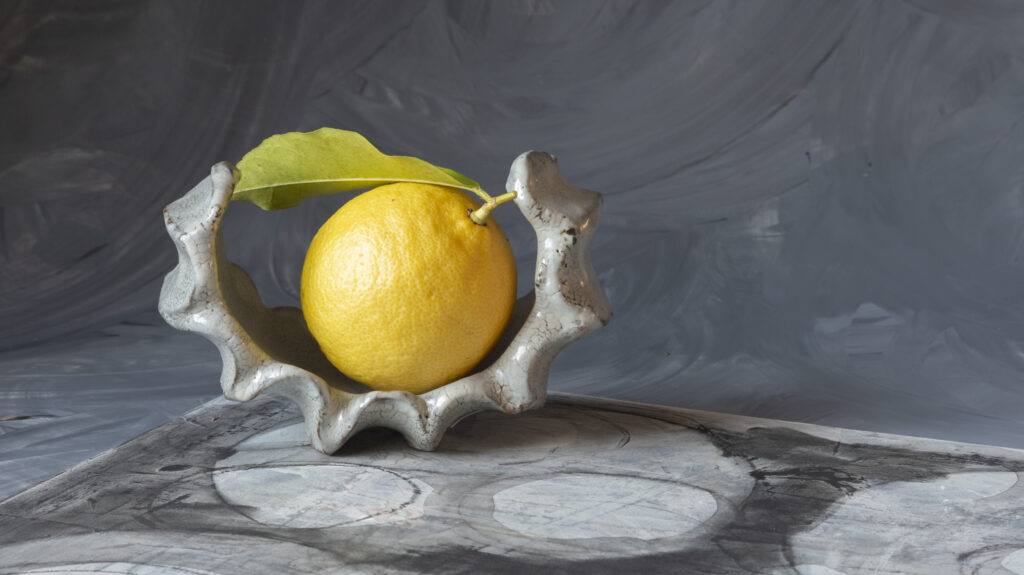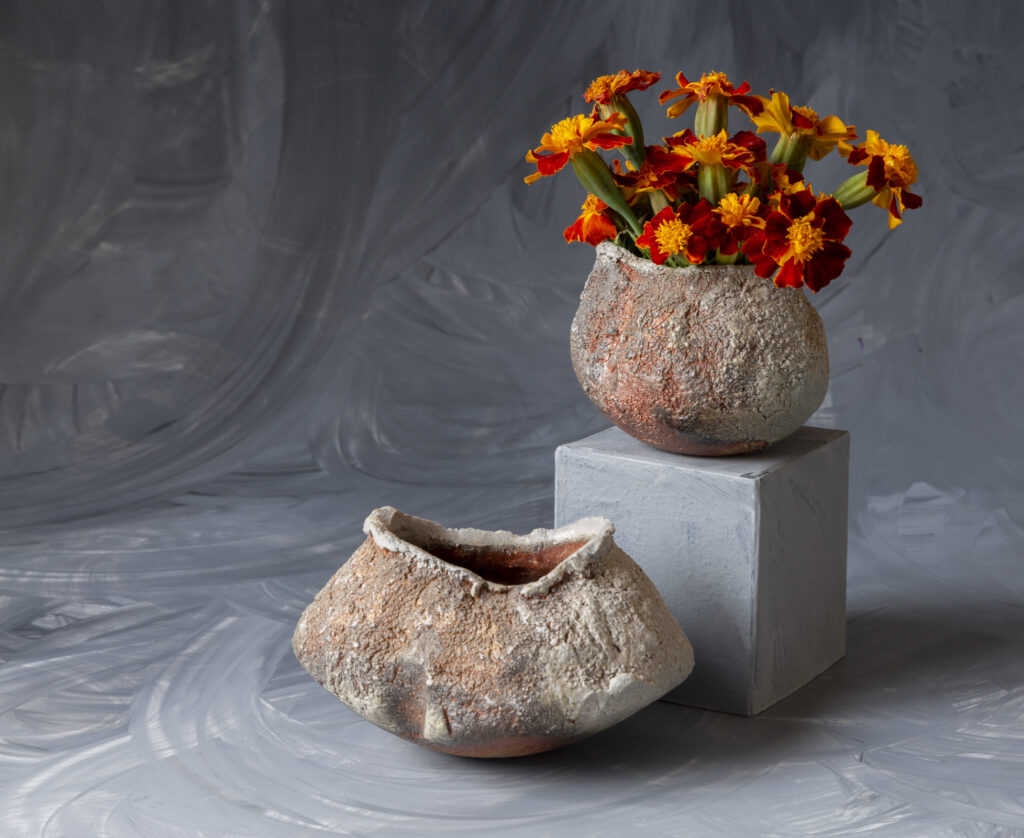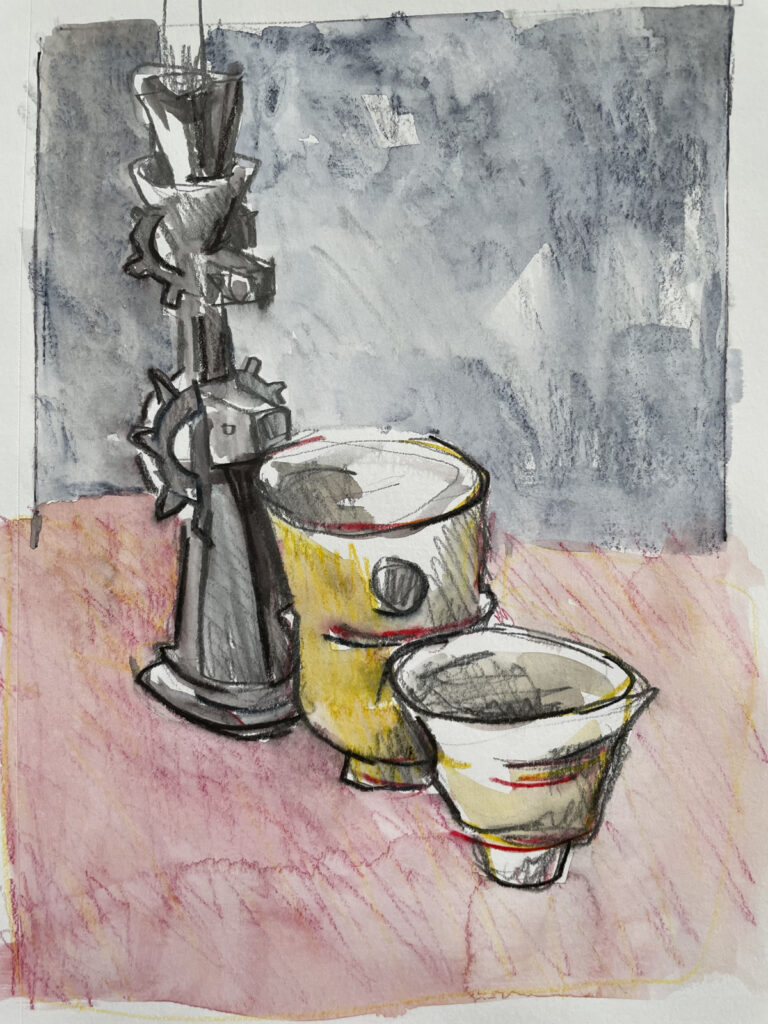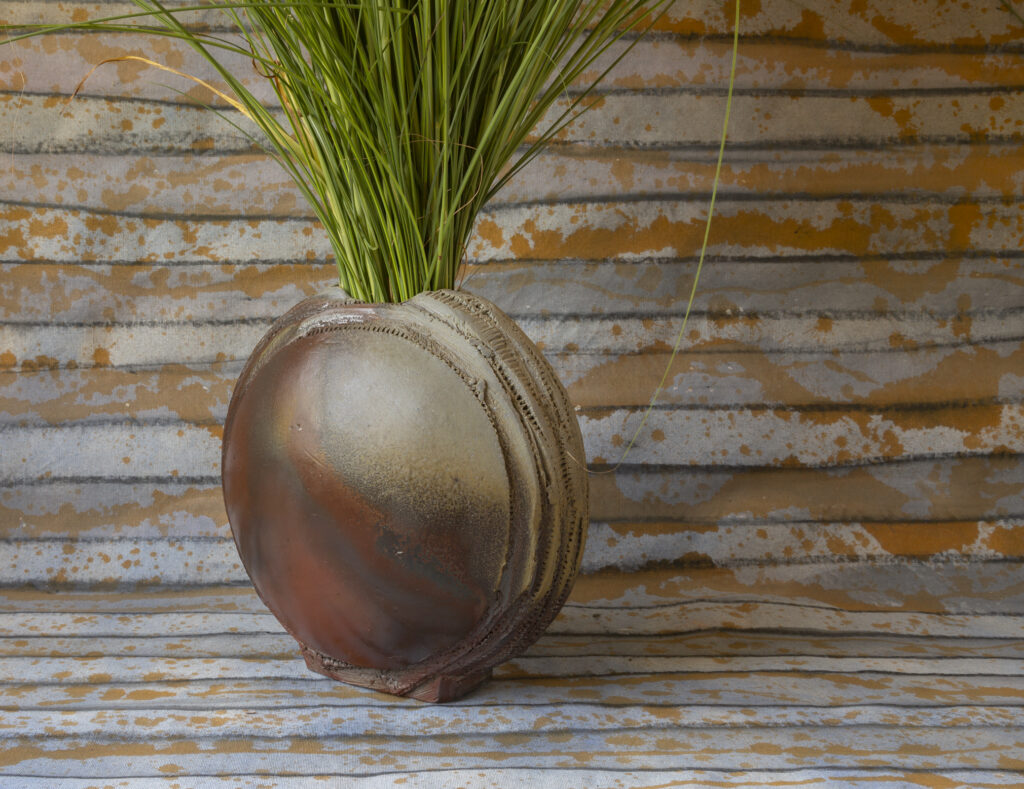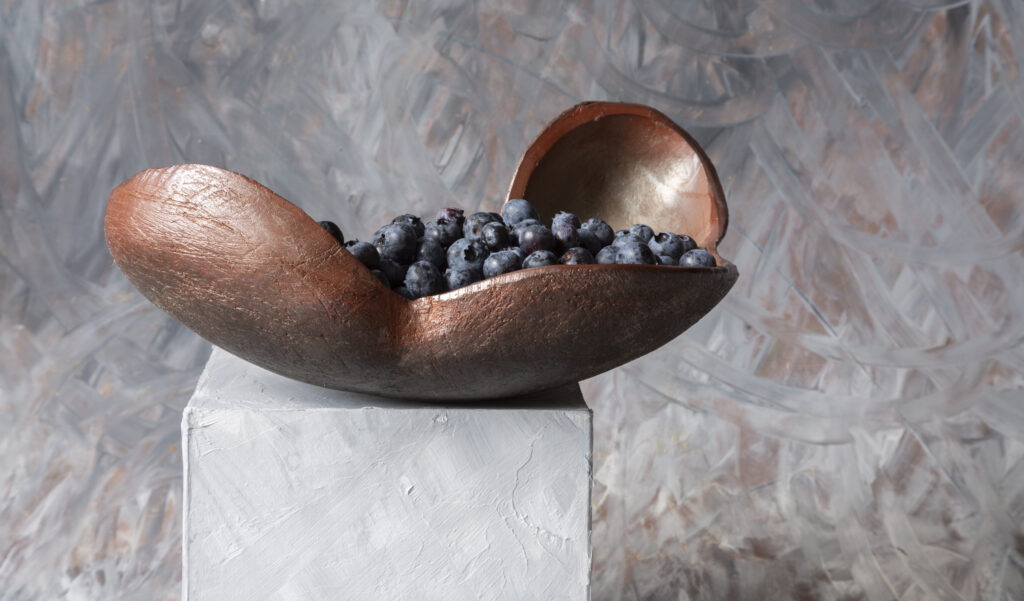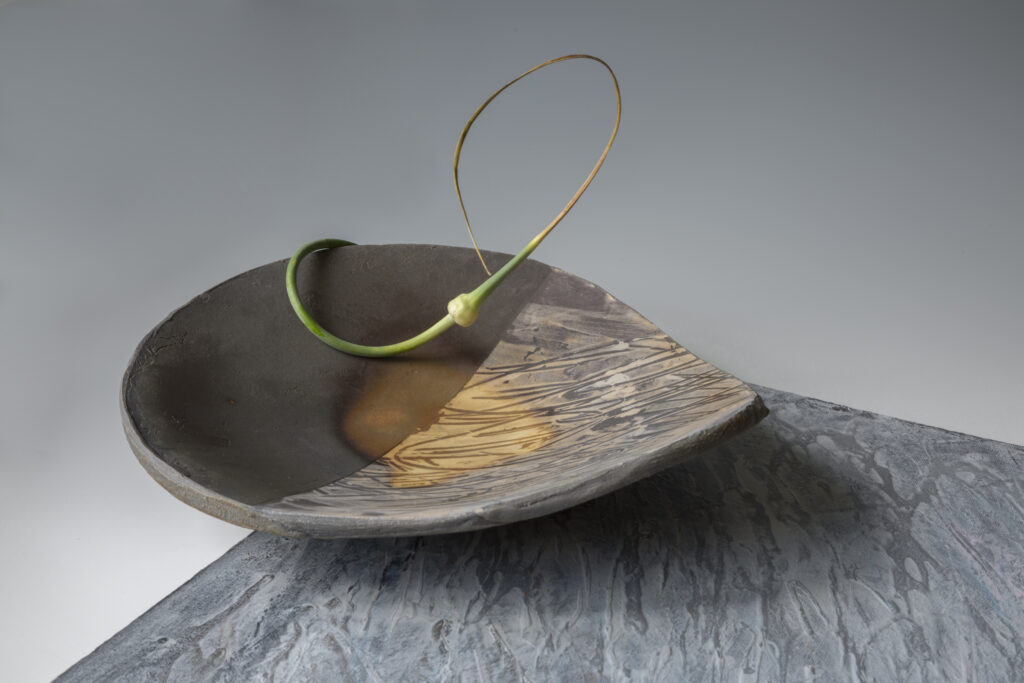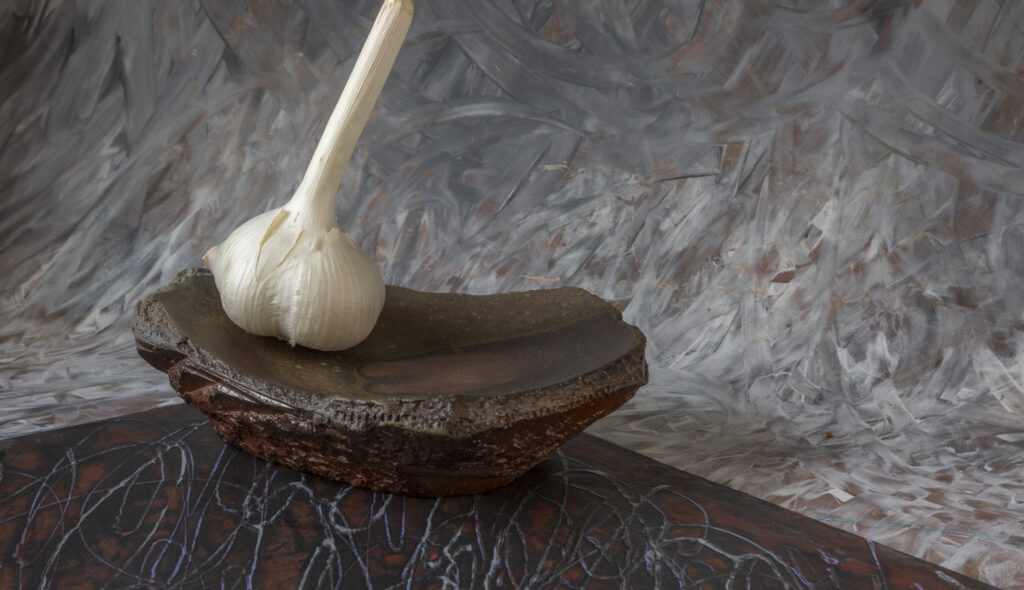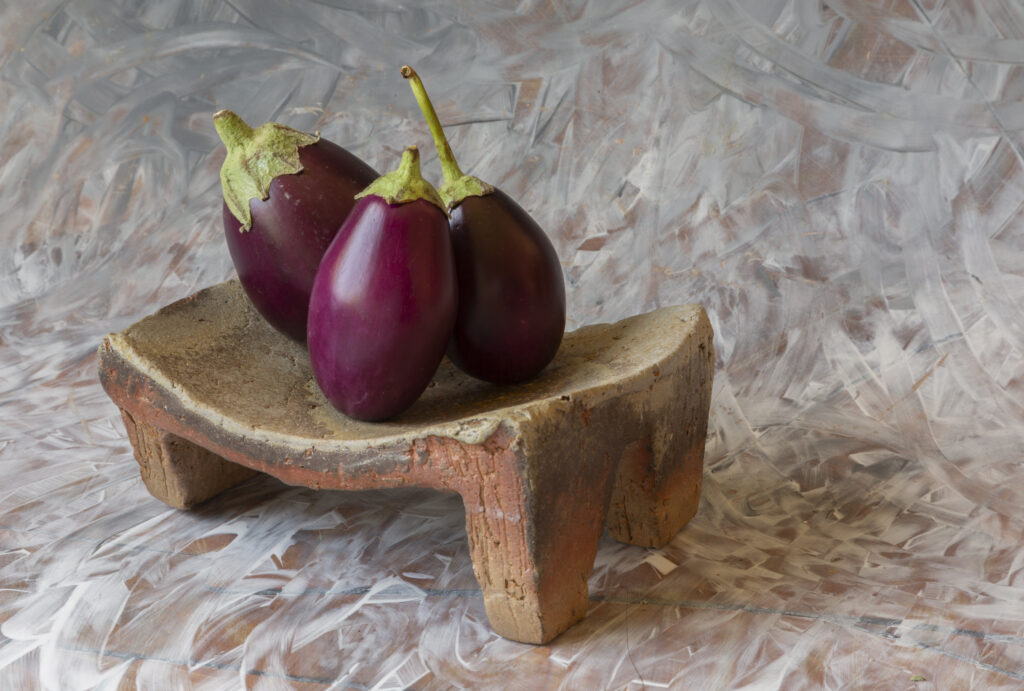When Luna and I walk past the tall switch grass in the field on the far side of the pond’s dam she often hunts for mice. I am not aware of their presence, but she sniffs and pounces with great enthusiasm. The rodents might be able to slip through without shaking a thing, but the dog’s nose knows.
It’s as if each life form has its own seasonal compass. This compass is not something that gets one perfectly from point A to point B, but acts as a tool of guidance. Perhaps an arrow that offers direction, or a gentle push that inspires another forward step.
My walks may change. Sometimes they are repetitive in their path, or hard to follow, but my compass remains in my pocket. As I type this, it feels like I am writing about a new series of work. During the last few days of glazing I take out a piece, feel its weight in my hand, and the seasonal compass is an inherent part of the process in making the mark. On my walks at this time of year I often focus on the grass. The light catches the dried seed heads with great clarity. The straight stems create patterns that are often my muse for the brushwork I draw on the plates. On the drive home from town late this afternoon the sun backlit black cows interspersed amid the tall broom sedge grass stems in the field as if the grasses were small bursts of flame.
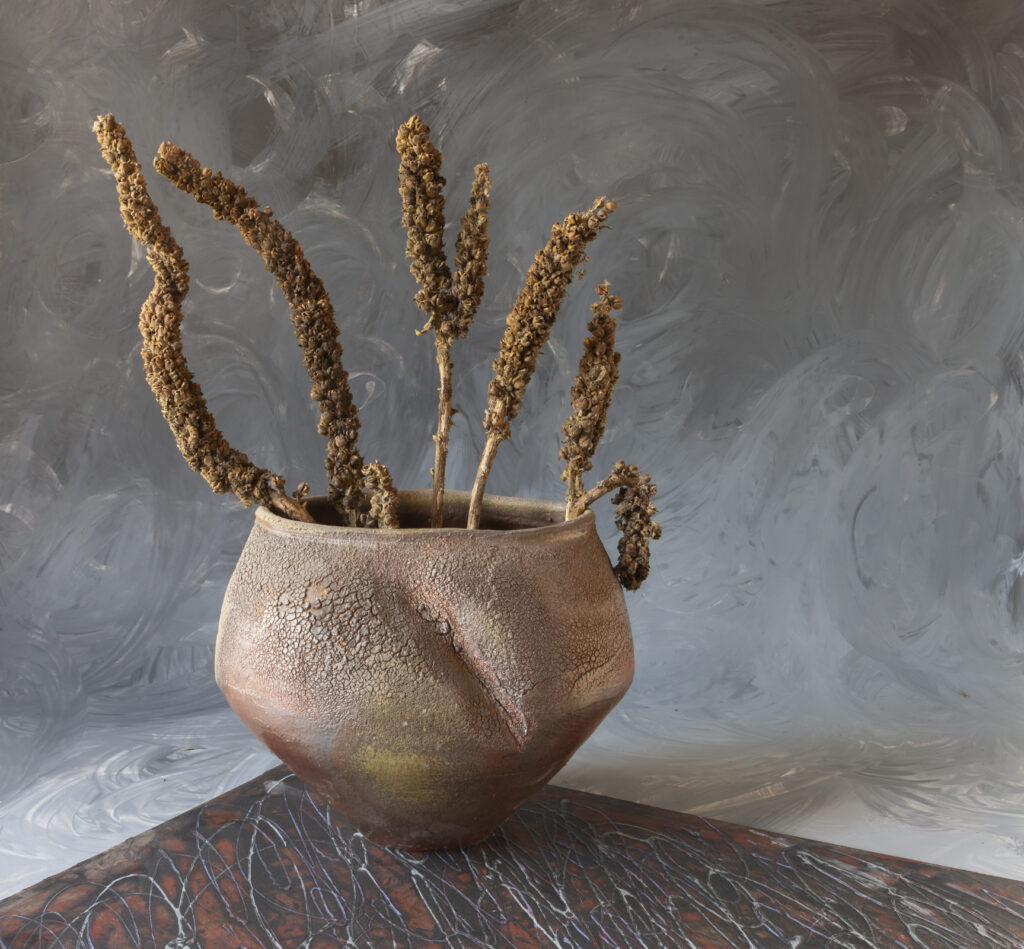
And the days are not full enough
And the nights are not full enough
And life slips by like a field mouse
Not shaking the grass
–Ezra Pound
